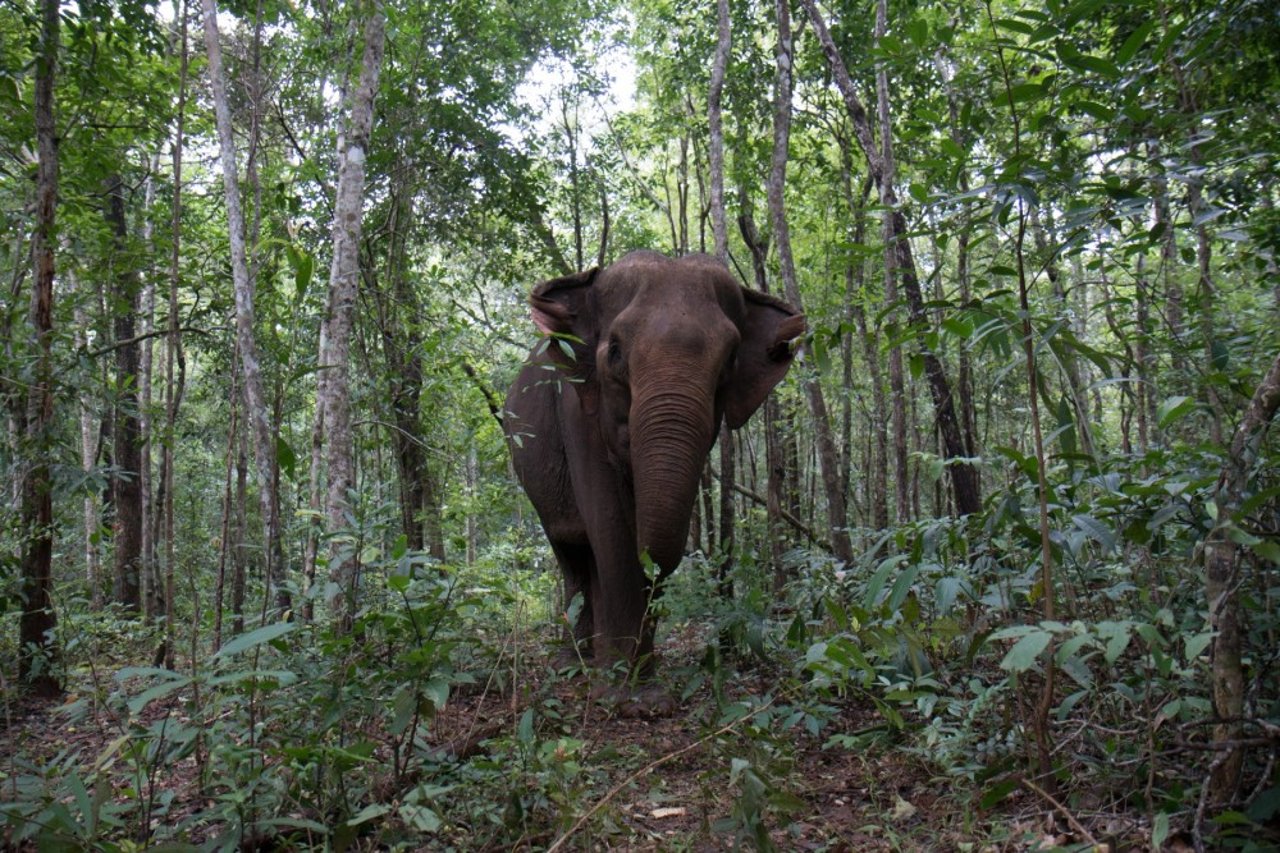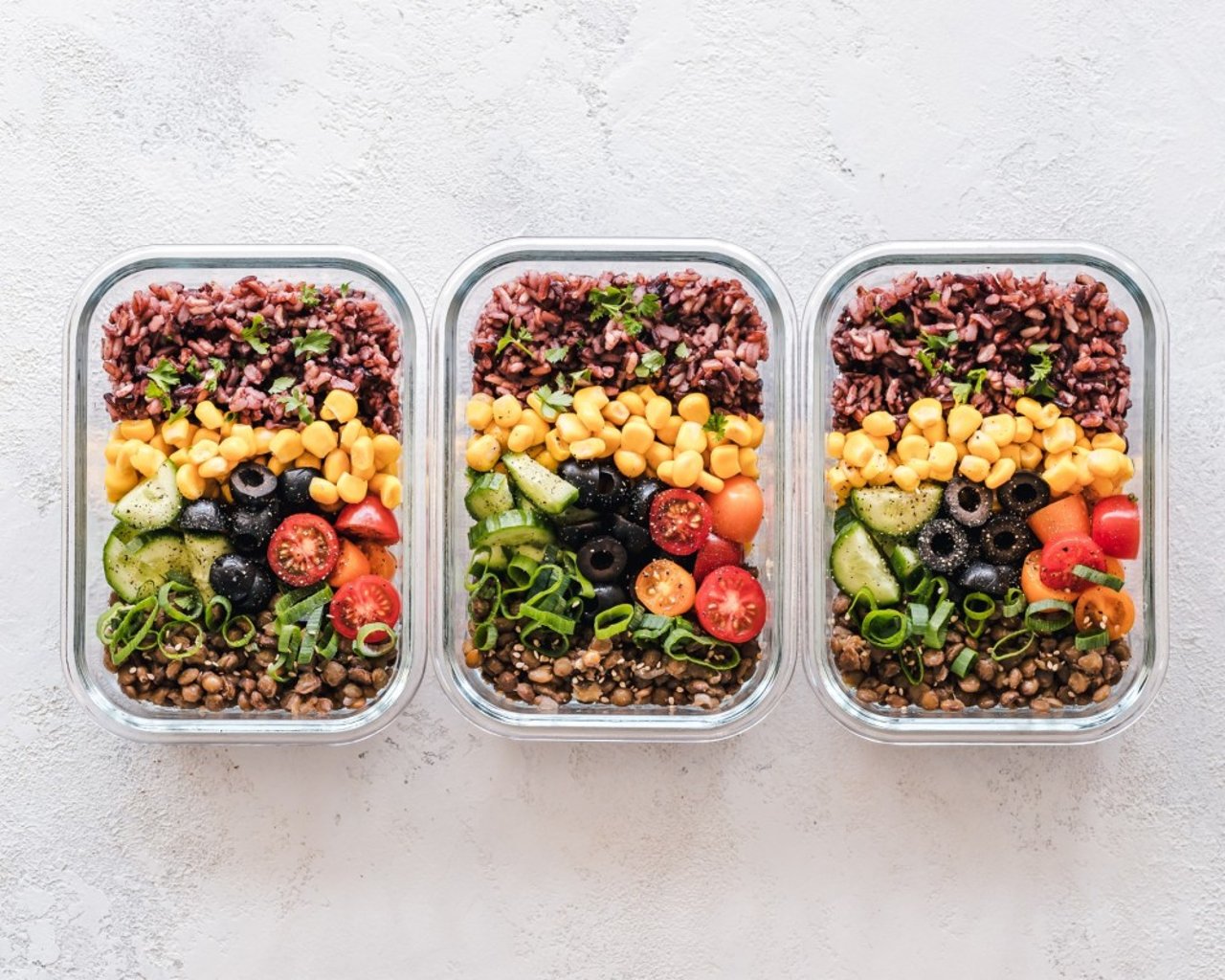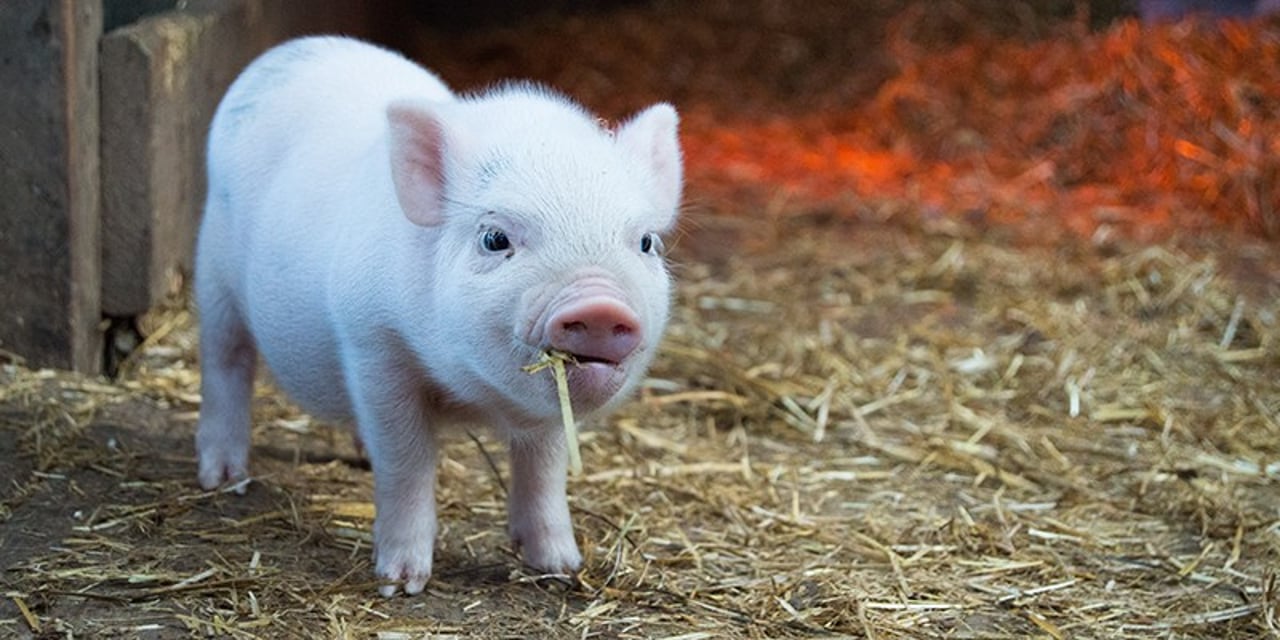
There are many ways we can help protect animals right from our homes.
From devastating wildfires tearing through Australia to concern over contracting coronavirus, many of us are feeling uncertain about the future of our world and its inhabitants.
But one thing is certain: We must continue fighting to protect animals around the world.
While many of us at World Animal Protection are watching a live feed of rescued bears at our partner sanctuary, Libearty, as we self-isolate, it’s clear to us that we need your help to fight for animals more than ever.
Here are five ways you can protect animals from the comfort and safety of your own home.
1. Take Online Actions
This is easy and takes less than five minutes of your time. Whether it’s urging companies like KFC to sign onto the Better Chicken Commitment, telling Congress to pass the Big Cat Public Safety Act, or asking the United States Department of Agriculture to recommend more plant-based food in its Nutrition Guidelines, these actions show strength in numbers and companies consider them when making major decisions.
For example, TripAdvisor agreed to remove some of the cruelest wildlife attractions after more than 558,000 World Animal Protection supporters signed our 2016 petition, and Turkish Airlines promised to stop transporting African Gray Parrots after more than 80,000 people signed our petition in just 11 days.
Visit our Take Action page to get started!
2. Eat More Plant-Based Foods
Not only is factory farming one of the most significant contributors to climate change, but it’s also the largest contributor to animal suffering globally. Horrifyingly, the US has one of the highest meat consumption rates of any large country in the world. This is something we need to drastically change if we’re going to protect animals and the earth.
Luckily, plant-based meat alternatives are becoming more and more common in restaurants around the world. Fast food’s love of these meat alternatives saves more than a quarter of a million animals each year. That’s incredible!
By consuming fewer low welfare animal-based meats, we can free up resources to move to higher welfare production and improve the lives of billions of farmed animals. Take the pledge to reduce your meat consumption and try these three delicious plant-based recipes from our partner The Phytogenic Chef today.
3. Donate What You Can
With the coronavirus pandemic dominating the news cycles, it’s important to remember that it’s believed the virus started from a wet market in China. Animals who are poached from the wild and sold in these markets are being blamed as the possible culprits.
It’s vital, now more than ever, that we continue to advocate for wild animals around the world and end the trade of wild animals sold for traditional medicine, meat, or as pets.
But we can’t do it without your help. As a non-profit organization, we rely on donations to keep protecting animals. Donating whatever you can, ensures our work continues.
4. Share Our Work with Friends and Family
In this time of #SocialDistancing, we know everyone’s attention has turned to social media for sharing information and light-hearted content. Now is the perfect time to amplify our work and the mission you believe in by promoting the protection of animals on your Instagram, Facebook, and Twitter accounts.
Repost, retweet, and share our posts, but also send out those handy actions we told you about earlier. It’s easier than ever to share information on how to save animals.
5. Pick Up Your Pen
Writing letters is by far one of the best things you can do for animals. It’s estimated that one handwritten letter is 100 times more powerful than an online petition, and animals need you to pick up your pen.
Your individualized letter will help urge legislators in your city, state, and federal representatives to improve animal welfare.
And not only can you write letters to legislators, but you can also submit letters to the editor for your local newspapers. When the world is talking about only one topic, it’s important to remind people that animals are some of our most vulnerable populations, and they need us to speak up for them.
What else can you do?
Keep updated on all things animals and how you can help by signing up for our monthly e-newsletter today.




